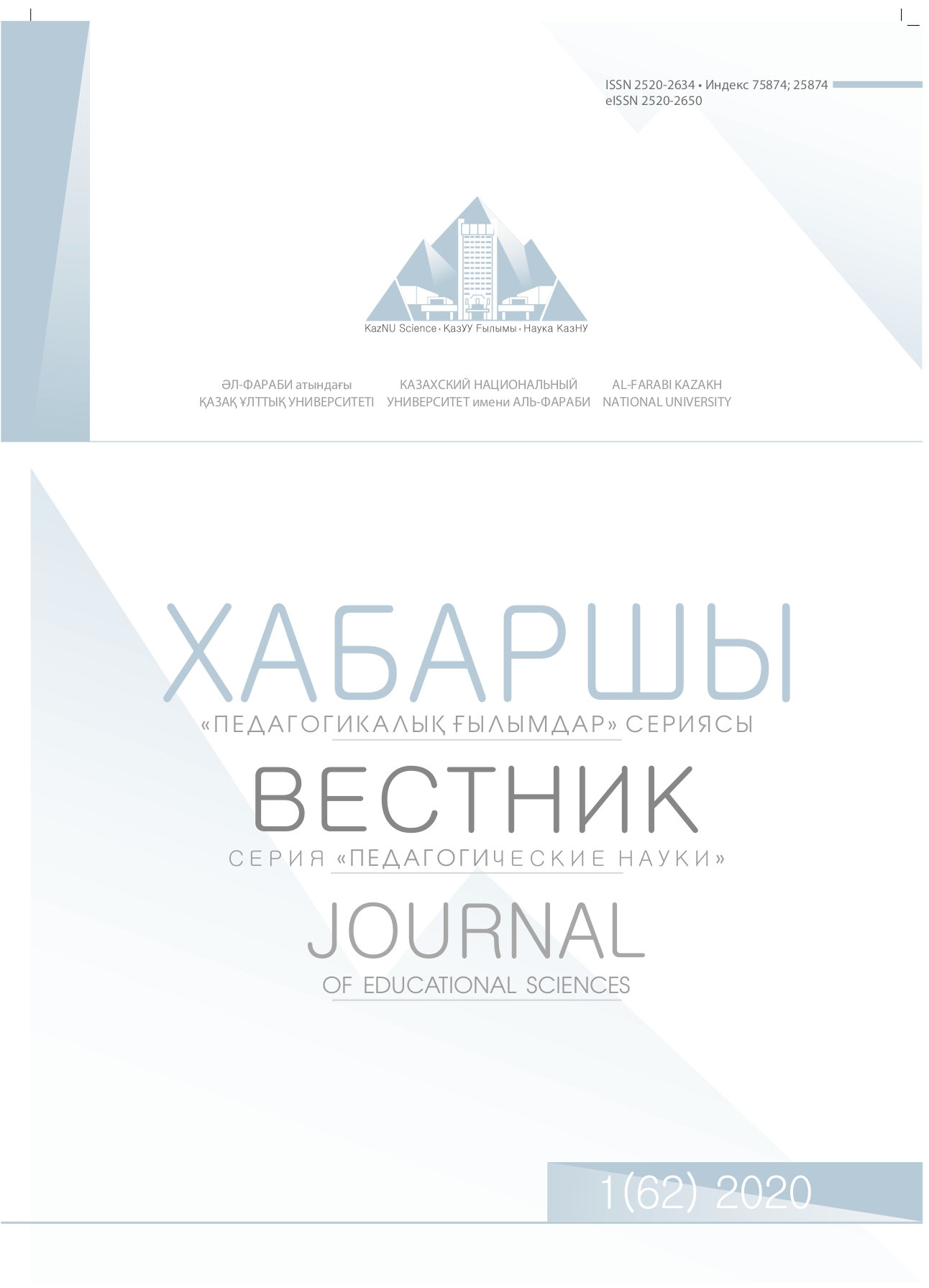Case studies for studying the status of families of Кazakhstan
DOI:
https://doi.org/10.26577/JES.2020.v62.i1.09Abstract
The institution of the family in Kazakhstan is undergoing complex transformations; it is influenced by economic, political, psychological, historical, cultural factors, internal conditions and external circumstances. In the context of globalization, families are influenced by foreign cultural and even countercultural influences that transform the original ones, displacing them. Globalization formats identity faster than traditional institutions: family, education, religion. With the approval of the market structure, the family depends on the state of the macroeconomics, which is subject to cyclical development, including crises. The economic status of the state is not well defined, but it sets the structure and dynamics of other institutions, including the family. The family was at the epicenter of systemic failures related to the functioning of the social sphere (employment, medicine, education). Special conceptual approaches and programs aimed at social support of families were required. The state implements social family and gender policies in order to maintain stability and stability. The problematic situation is that the state has not sufficiently studied the needs for the scale of social projects, the population is not always informed, knows and understands what opportunities exist in overcoming the problematic family situation. A special analysis is needed in studying the growth trends of protest activity based on dissatisfaction with social family and gender policies. In this regard, the article presents some results of a study conducted by the PF “Institute of Equal Rights and Equal Opportunities of Kazakhstan” in the framework of the preparation of the national report “Kazakhstani Family 2019” commissioned by the Center for Support of Civil Initiatives. Researchers have identified that the strengths of state social family and gender policies are the development of state programs for engaging in employment and temporary employment, the implementation of policies to support families in need through access to targeted social assistance, changing lending conditions for affordable housing, and others. Researchers include the following: a systematic approach to understanding the phenomenon of unemployment in Kazakhstani society; lack of knowledge of the social structure of society in the projection on the type of economic structure and types of households; weak forecast expectations in the development of the social situation as a whole; lack of clear ideas about the ways, means, possibilities of socializing youth with different starting possibilities; lack of plausible statistics; low commensurability of national statistics. Key words: family, family typology, family and gender policy.















